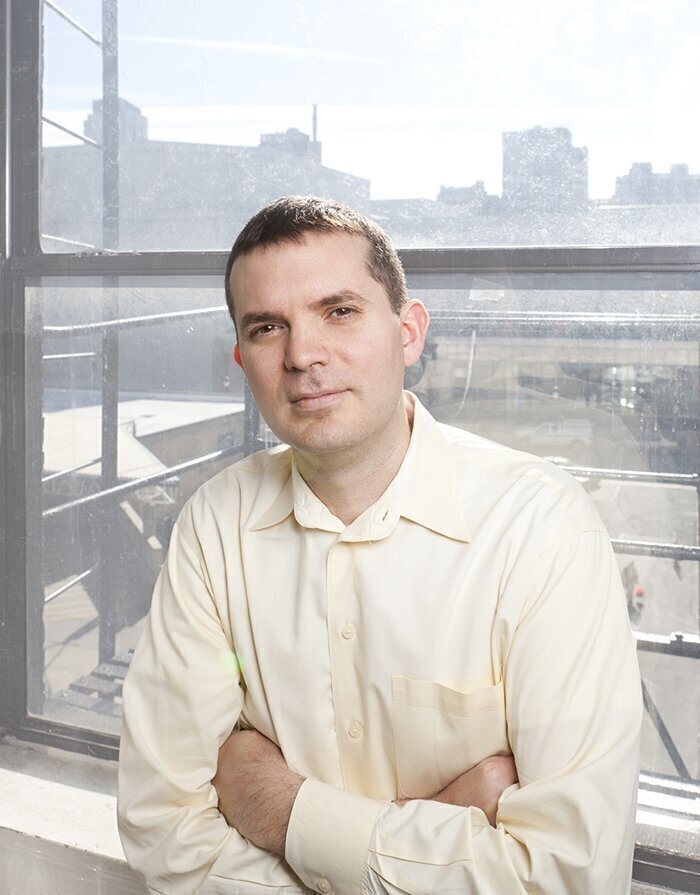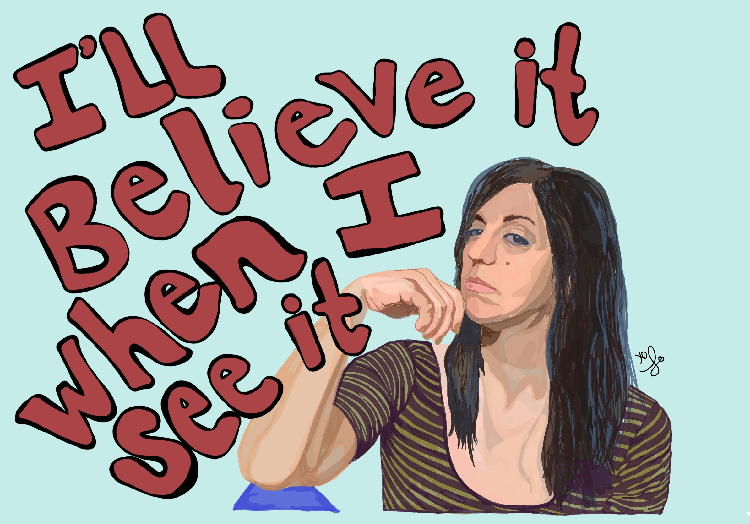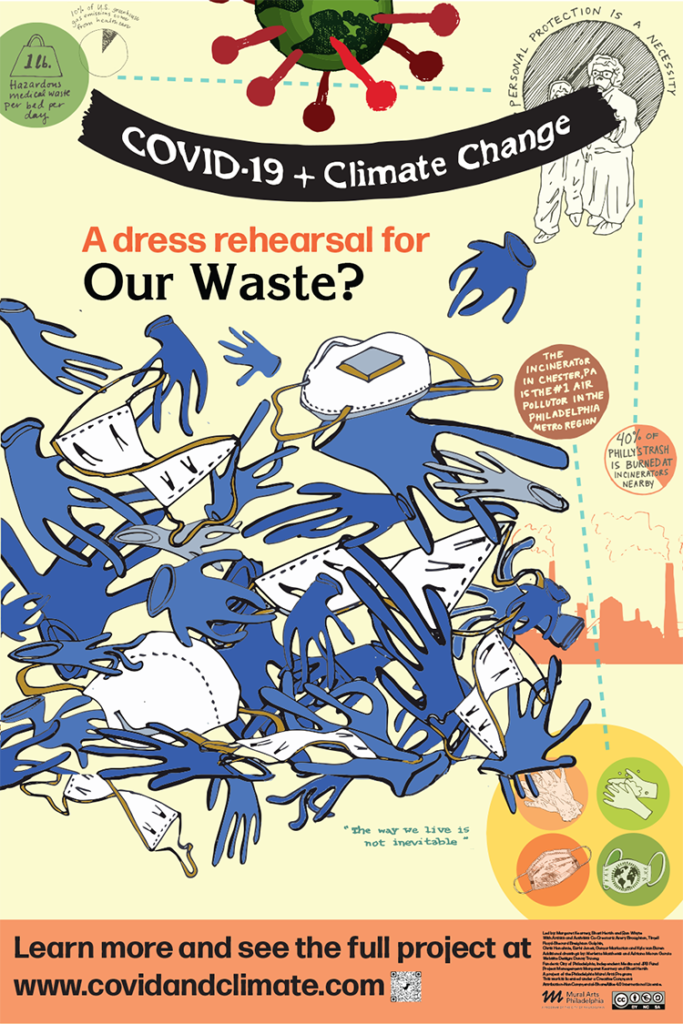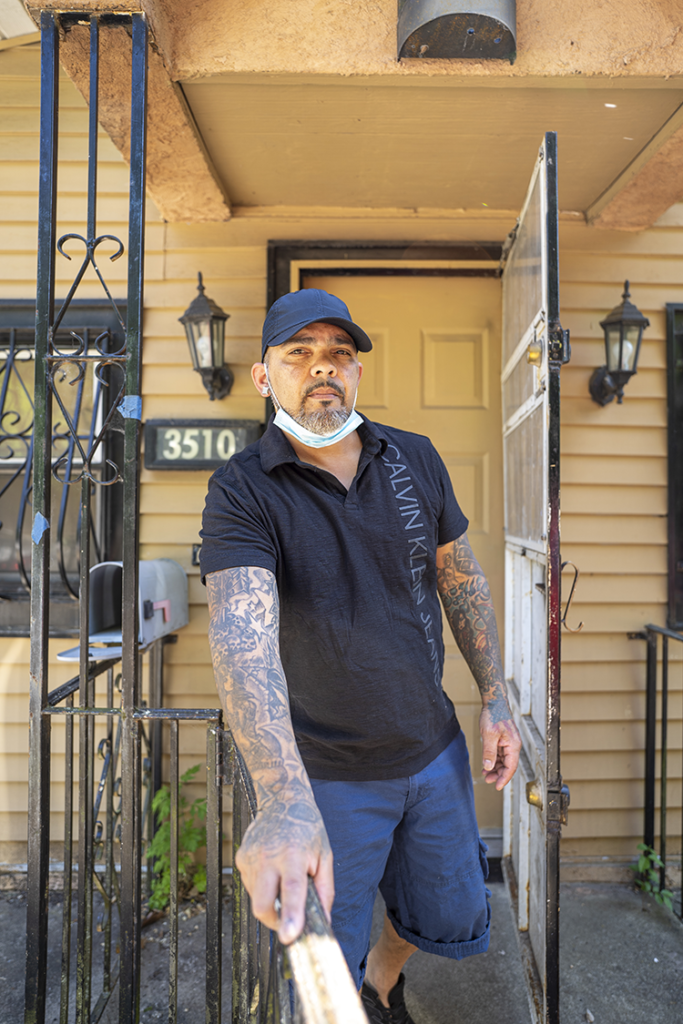Even our roads reflect our racism.
In December 2018, the Delaware Valley Regional Planning Commission (DVRPC) issued a report called “Crashes and Communities of Concern in the Greater Philadelphia Area.”
They undertook the study as a means to investigate anecdotal evidence suggesting that people of color were more likely to be victims of severe car crashes. They cited Dr. Thomas LaVeist of Tulane University, who argues that “race determines place, which determines health.”
The numbers bore out their hunches. People who fall into the following four categories are more likely to be victims of severe traffic crashes: racial minority, ethnic minority, disabled or low-income.
Why? Car ownership is one reason. People living in poverty are less likely to have a car, so they are more likely to be pedestrians or bicyclists or, in the words of the study, “vulnerable users.” Vulnerable users make up 11.6% of the population, but 21% of the people who are severely hurt or killed in accidents. Another byproduct of poverty can be serious health problems, which can result in a disability. The poor are also more likely to live near wide roads with fast-moving traffic.
When we see videos of or read stories about Black and Brown people being brutalized by the police, it is repulsive, but it’s a logical extension of the racist history, policies and systems of this country. Even when crossing the street, people of color are more likely to die.
In 2019 The New York Times published The 1619 Project, which “aim[ed] to reframe the country’s history by placing the consequences of slavery and the contributions of Black Americans at the very center of the United States’ national narrative.” It’s not a flattering look at our country, but it is infinitely more honest.
Several weeks ago, the Pulitzer Prize-winning journalist Nikole Hannah-Jones, who spearheaded the project, was slighted by the University of North Carolina at Chapel Hill. She was hired as Knight Chair in Race and Investigative Journalism at the Hussman School of Journalism and Media, but was offered a five-year contract rather than tenure, which is typical for Philip H. Knight endowments. The decision smacked of racism, and also served as a reminder that people in power don’t want the narrative of the country to be changed, facts be damned.
A sobering book about climate change worth reading (if you can handle it) is “The Water Will Come: Rising Seas, Sinking Cities and the Remaking of the Civilized World” by Jeff Goodell. Goodell reports from around the world, in historic cities like Venice, places with coveted real estate like Miami, and less affluent towns that border water in New Jersey. Everyone will feel the effects of climate change. As Billy Brown reports in his story about Camden’s flooding (pg. 12), some are feeling it now.
Racism and climate change: two urgent matters that cannot wait another day, and yet we move so slowly. We can’t wish them away, and incremental change is not enough. It’s high time for radical change—before the water comes.
Alex Mulcahy
Editor-in-Chief
alex@gridphilly.com









